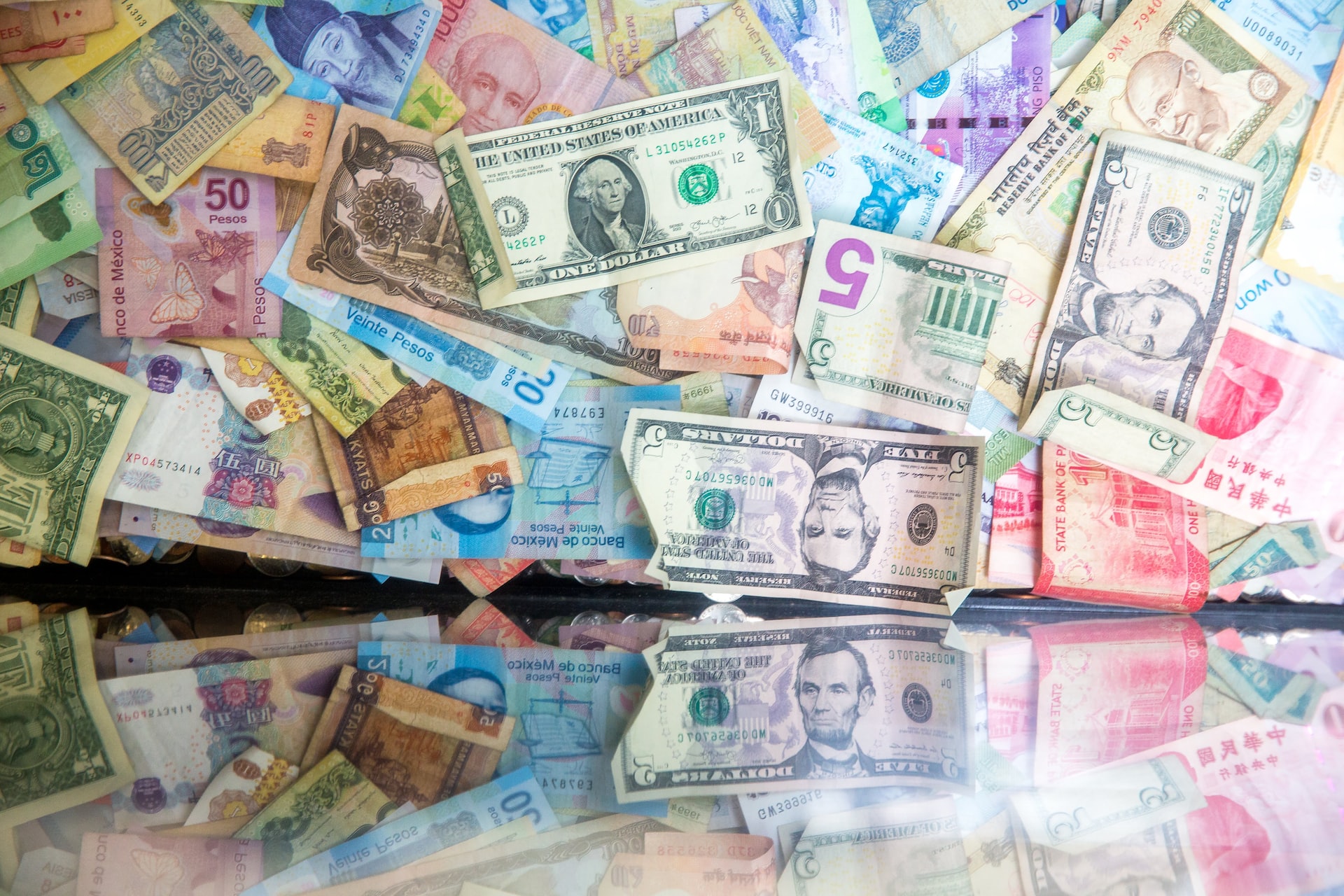The currencies of the United Kingdom and China are taking historic nosedives as local developments in both countries are shaking market confidence, while the United States’ dollar is once again proving to be investors’ favoured store of value, buoyed by its central bank’s rising interest rates.
The downward trajectory of the pound sterling and the yuan follow that of the euro, which earlier this month reached parity with the dollar for the first time since 2002, the year it first entered physical circulation.

The slump in the pound follows tax cuts unveiled in a mini-budget by the UK’s new chancellor, Kwasi Kwarteng, which are the highest since 1972. The package includes a reversal of previous plans to increase the UK’s corporate tax from 19 to 23 per cent and of a recent increase in national insurance, a reduction in the top rate of income tax from 45 to 40 per cent, and in stamp duty, the elimination of rules on bankers’ bonuses, a freeze on energy bills, and tightened benefits rules Mr Kwarteng says will get 120,000 more people in the workforce. It also includes plans to launch several investment zones which will benefit from less taxes and laxer planning regulations.
The mini-budget has been criticised as a “budget for the rich” and has drawn an uncommonly strong warning from the International Monetary Fund that it will increase inequality and add to inflationary pressure.
The pound has been dropping against the dollar since Mr Kwarteng’s announcement, briefly reaching a record low of $1.03 on Monday before regaining ground. As of Wednesday morning, it stands at $1.07, having lost 20 per cent of its value over the last year, and six per cent over the last week alone.

All eyes are now on the Bank of England, which may be forced to take “drastic” action to restore investors’ confidence in UK’s currency. A medium-term fiscal plan due to be precented by the chancellor on 23rd November may also include adjustments to the mini-budget, particularly due to the higher borrowing costs the British Government now faces as it seeks to fund the energy bill freeze it has promised.
Yuan hits record low against the dollar
China’s internationally-traded currency has fallen to its lowest level since data became available in 2011, while its domestic currency has reached its weakest point since the 2008 financial crisis.
The country is facing the fallout from its stringent zero-COVID policy, which has seen entire cities – and industries – shut down for weeks, causing havoc in global supply chains.
At the same time, a slow-moving – but potentially catastrophic – crisis in its real estate market shows no sign of improvement, with some of the largest property companies at risk of default.
These problems are compounded by slowing growth in the domestic economy, an ageing population, the state’s increasing involvement in private business, and bellicose rhetoric between it and Western nations – all of which are making China a less attractive prospect for global capital.
Meanwhile, the dollar has emerged as the biggest winner of the year so far, cementing its position as the world’s top reserve currency.
Inflation risk re-surging as tensions heat up between Israel and Iran
Oil and gold prices jumped after the latest strike by Israel
WATCH: Rare torrential rain in Dubai wreaks havoc and causes major disruption
Flooding hits shopping malls, destroying stock
Spain to end ‘golden visa’ scheme over property market impacts
While countries are slowly banning the practice, Malta remains firm in keeping the scheme alive






